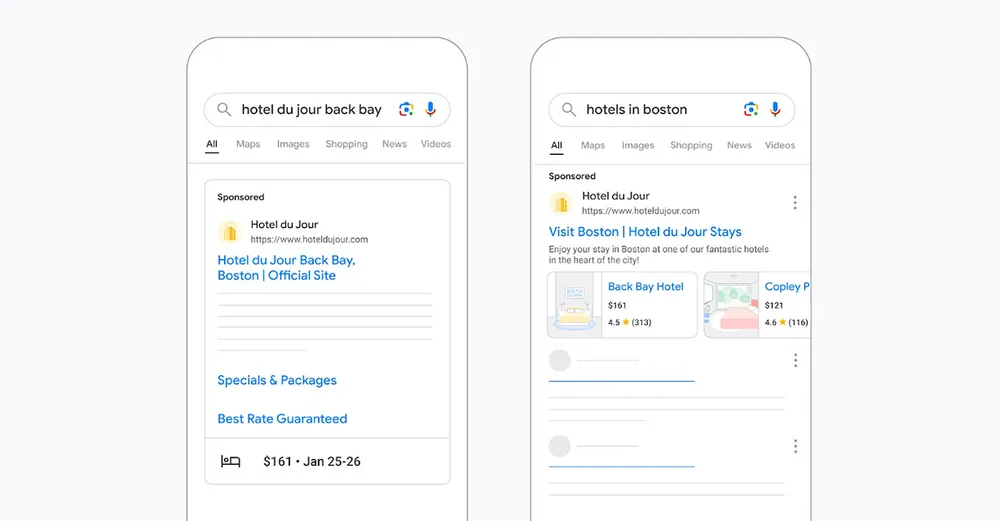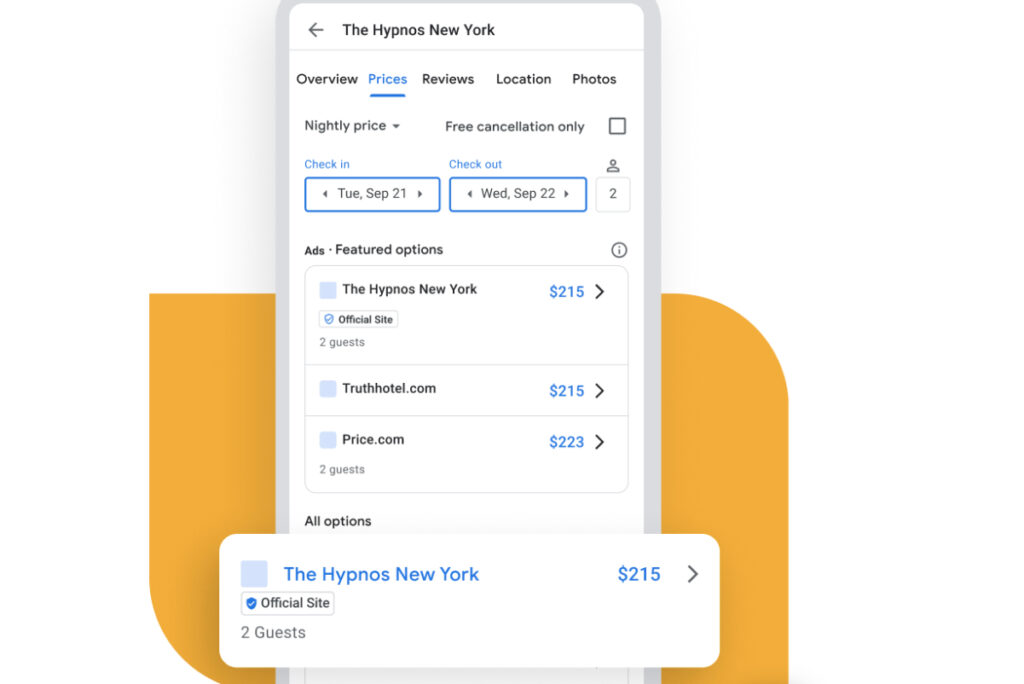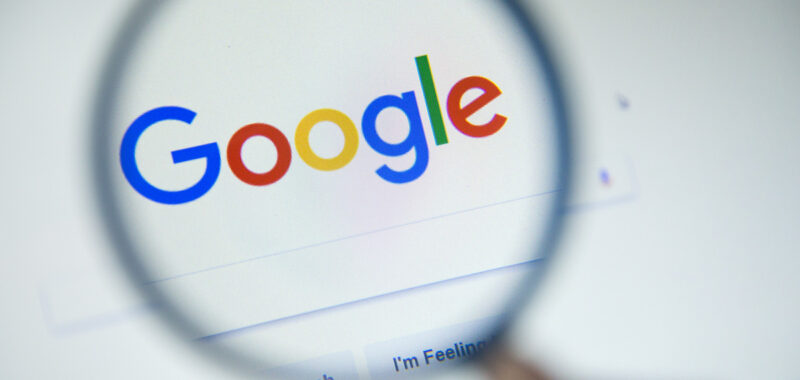Skift Take
Imagine converting a roadside billboard that you paste up once a season to an electronic screen with real-time pricing and images. That’s how to think about Google’s upgraded search ads.
Google has long let hotels buy ads at the top of its search results. Yet these paid ads have only shared generic, static information about a property. Google said Monday it had changed that by allowing hotels to add “rich data” â such as real-time rates, images, and user-review star ratings.
Google said a small set of hotel advertisers using the rich data saw “up to a 20% increase in click-through rates” during previous tests. A Google spokesperson confirmed the upgraded ads are available globally.
Hotels are the first to use Google’s new “rich data” ads in its search results. But the company said it’s testing whether it might expand this ad format for car rental companies, tours and activities, and live event operators.
Making Ads More Dynamic
Google’s change on Monday affects so-called “Search Ads,” or the ads a user sees when typing in a search term such as “hotels in destination X” or so-called keywords, such as a hotel’s brand name and a location. These are described as “ads” or “sponsored listings” in search results.
One Google ad that Skift saw on Monday using the traditional ad unit was bought by Minor International for its property, Anantara Siam Bangkok Hotel. This ad showed only the hotel’s name, with a link to the site, and generic, static information, such as that it’s open 24 hours and that if you stay longer, you can save up to 20%. The traditional search ad has no pricing, imagery, or reviews.

Skift couldn’t find an example of a hotel using Google’s new ad format in the wild. However, Google illustrated what it will look like when a hotel enhances its existing search campaigns with real-time hotel prices, images, and other relevant details.


Uncertain Impact
It’s unclear if Google’s new tool will directly encourage many hoteliers to advertise with these search-based ads. Some industry players expect at least some uptake.
“Showing price and dates in ads is a big deal when it comes to clicks and conversion,” said Martin Soler, a Paris-based consultant to hotel marketers. “The info will be better for travelers, letting them avoid having to click and enter dates before knowing if any given hotel is in their budget. So travelers are more likely to engage with the ads.”
Some hoteliers may feel they already appear in Google search results with organic links, driven partly by search engine optimization efforts and partly by appearing for free in other ways on Google.
In early 2022, Google enabled hoteliers to enjoy free hotel booking links via Google.com and Google Maps, as Skift reported. These free links appear in “Google Hotel Ads,” which is typically a widget that prominently shows information about a hotel and offers links to multiple providers for booking rooms at it.


While hotels can pay to gain more prominent positioning within the Google Hotel Ads widgets, few are choosing to do so and are instead accepting the free links as good enough.
Monday’s announcement focuses instead on sponsored listings at the top of search results. It doesn’t impact the Hotel Ads product.
Ads placed at the top of search results are “still many times more important” than the so-called Hotel Ads widget that Google sometimes includes alongside search results, too, said Rudolph Dekker, head of travel at the vendor Adchieve.
Dekker argued that the impact of Googleâs new data-rich search ads would result in âhigher click-through ratesâ for hotels than they have received. Hotel advertisers will see this benefit without paying more because Google has upgraded its ads to be more data-rich for free.

